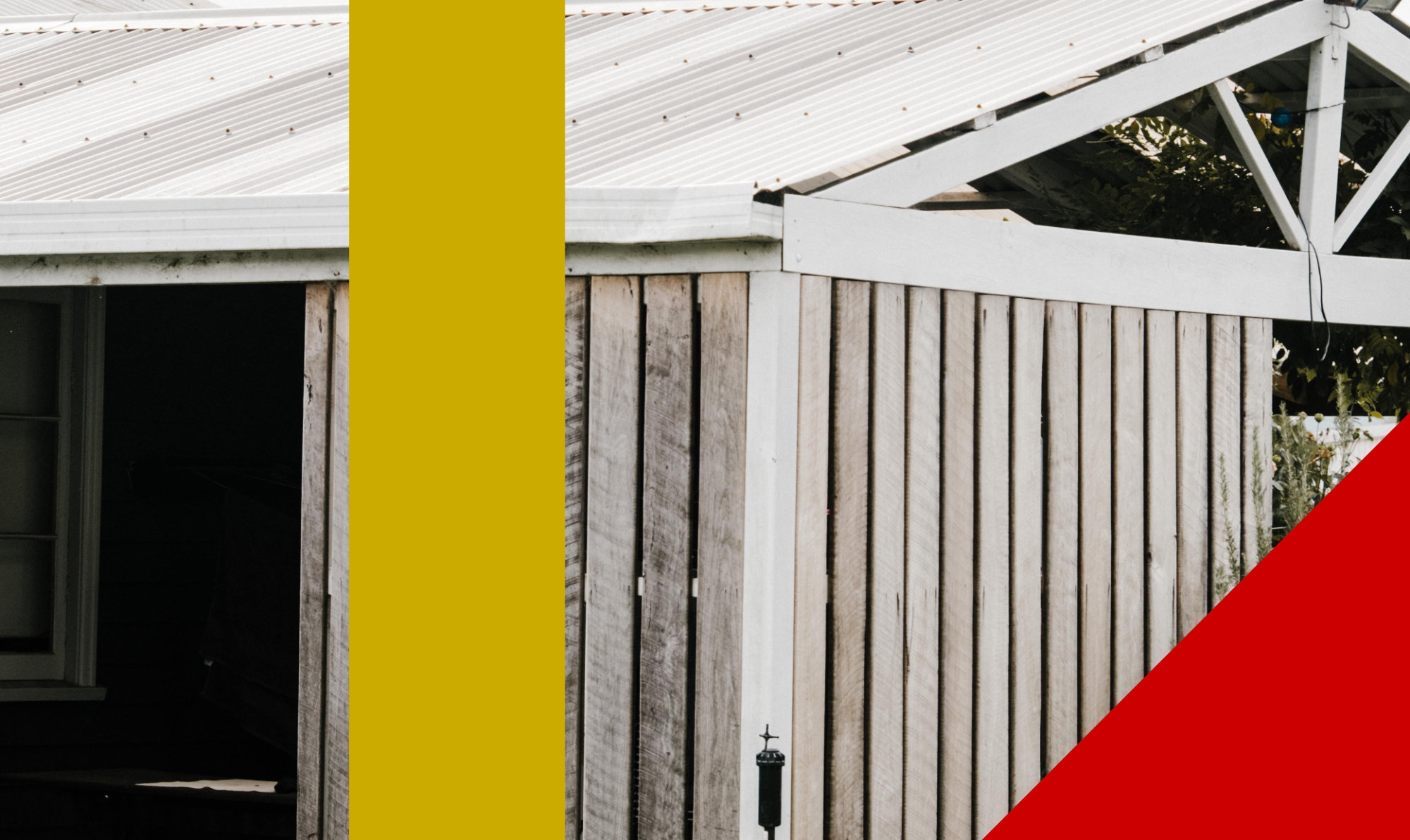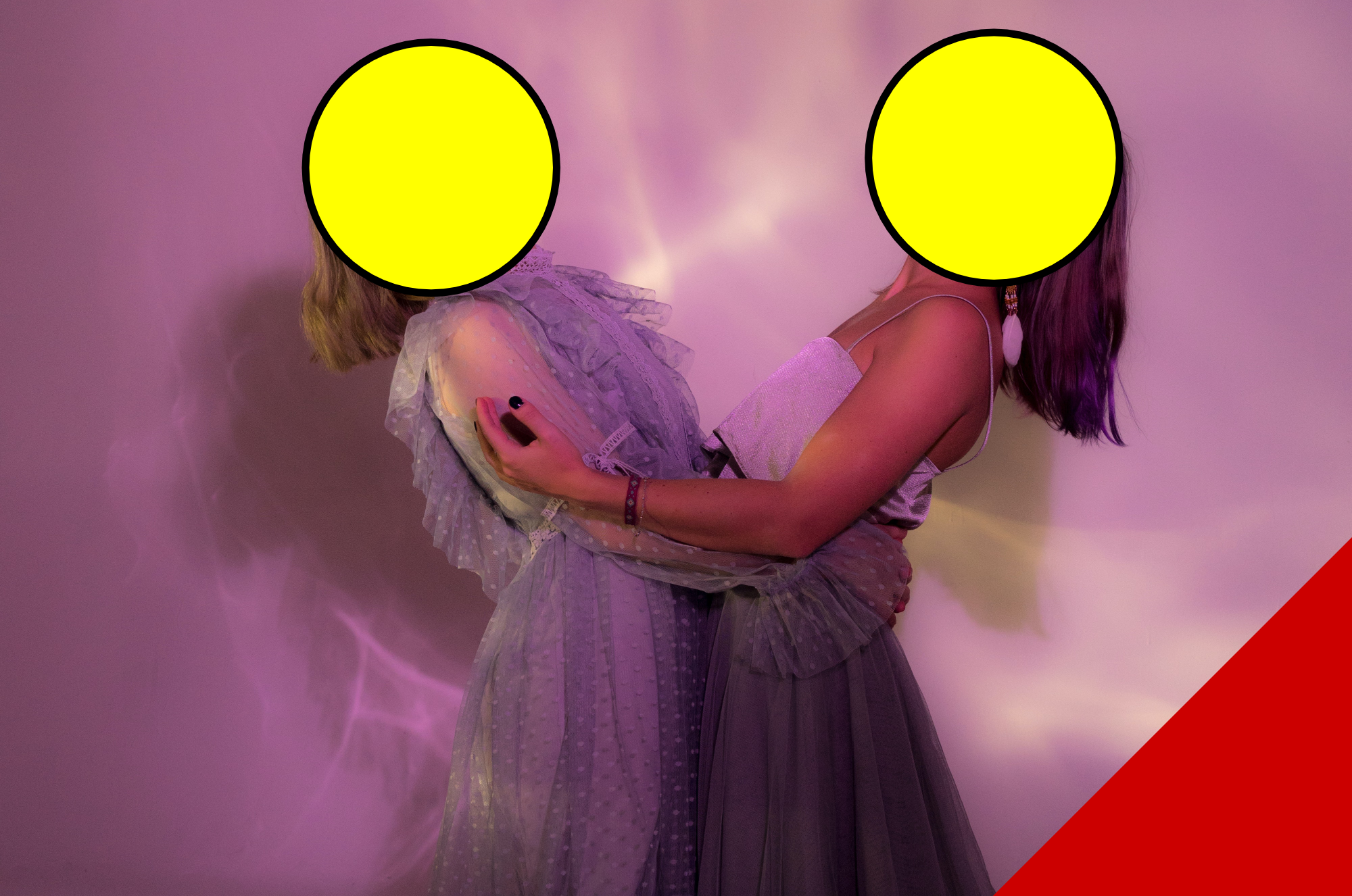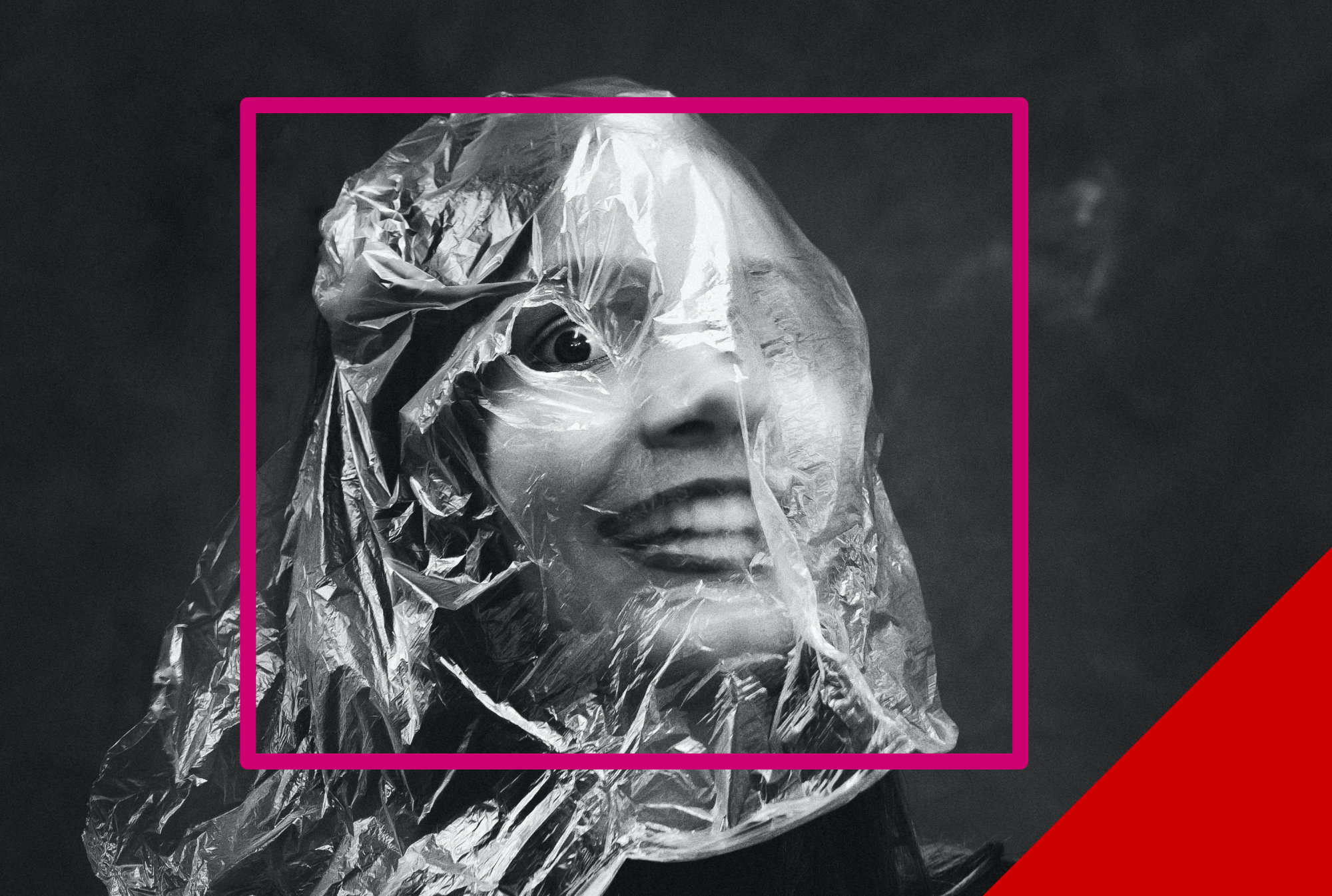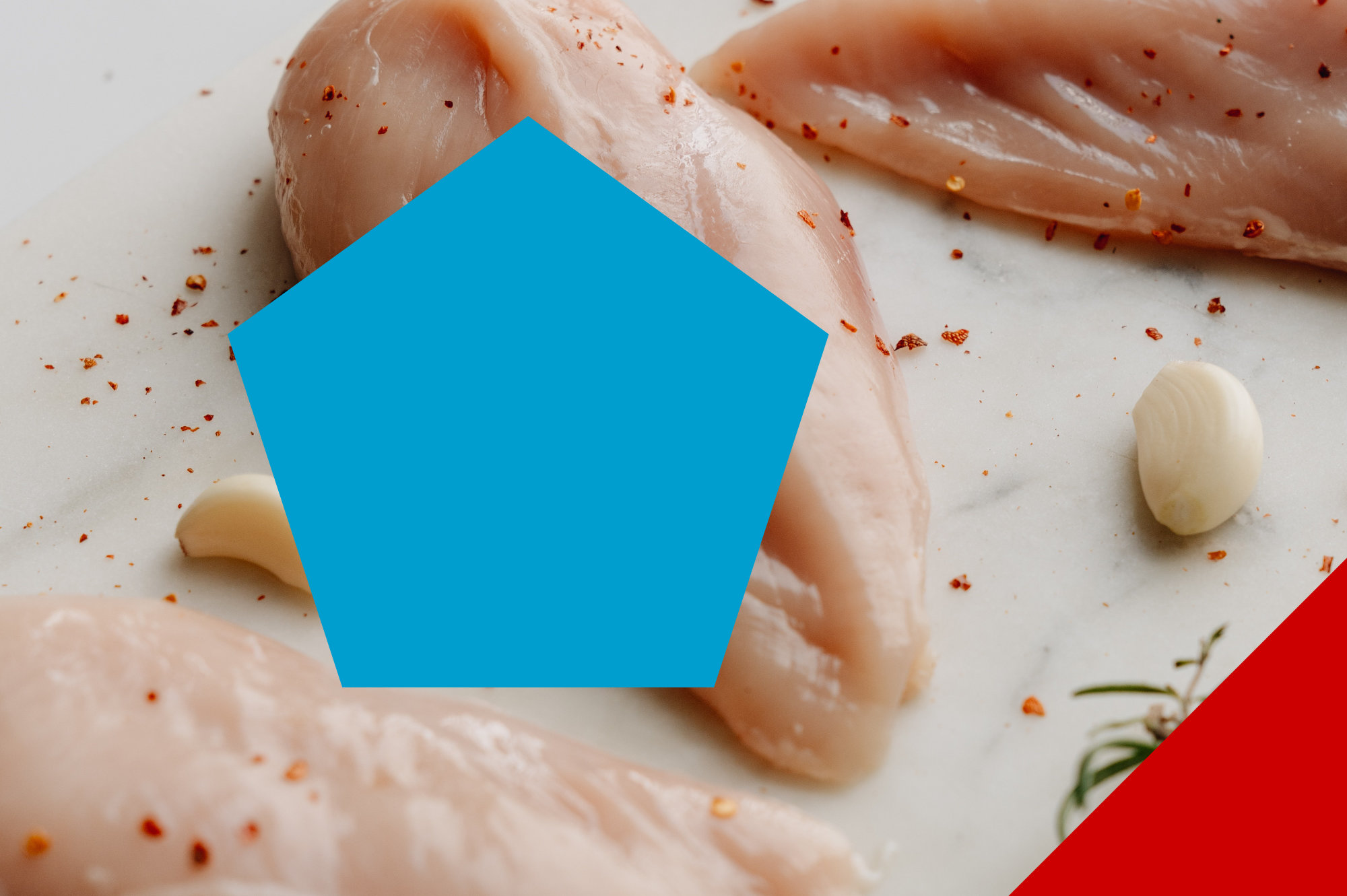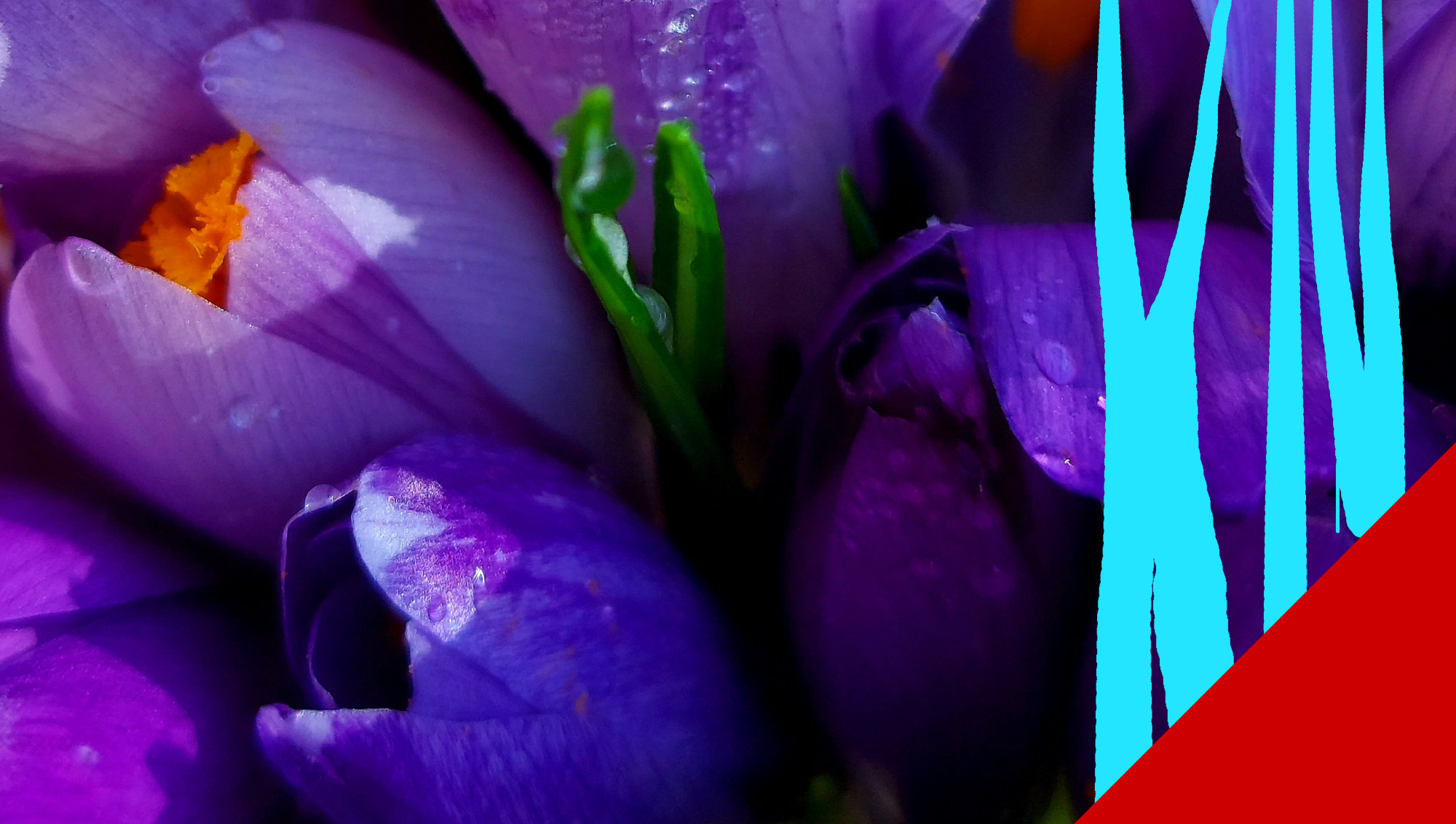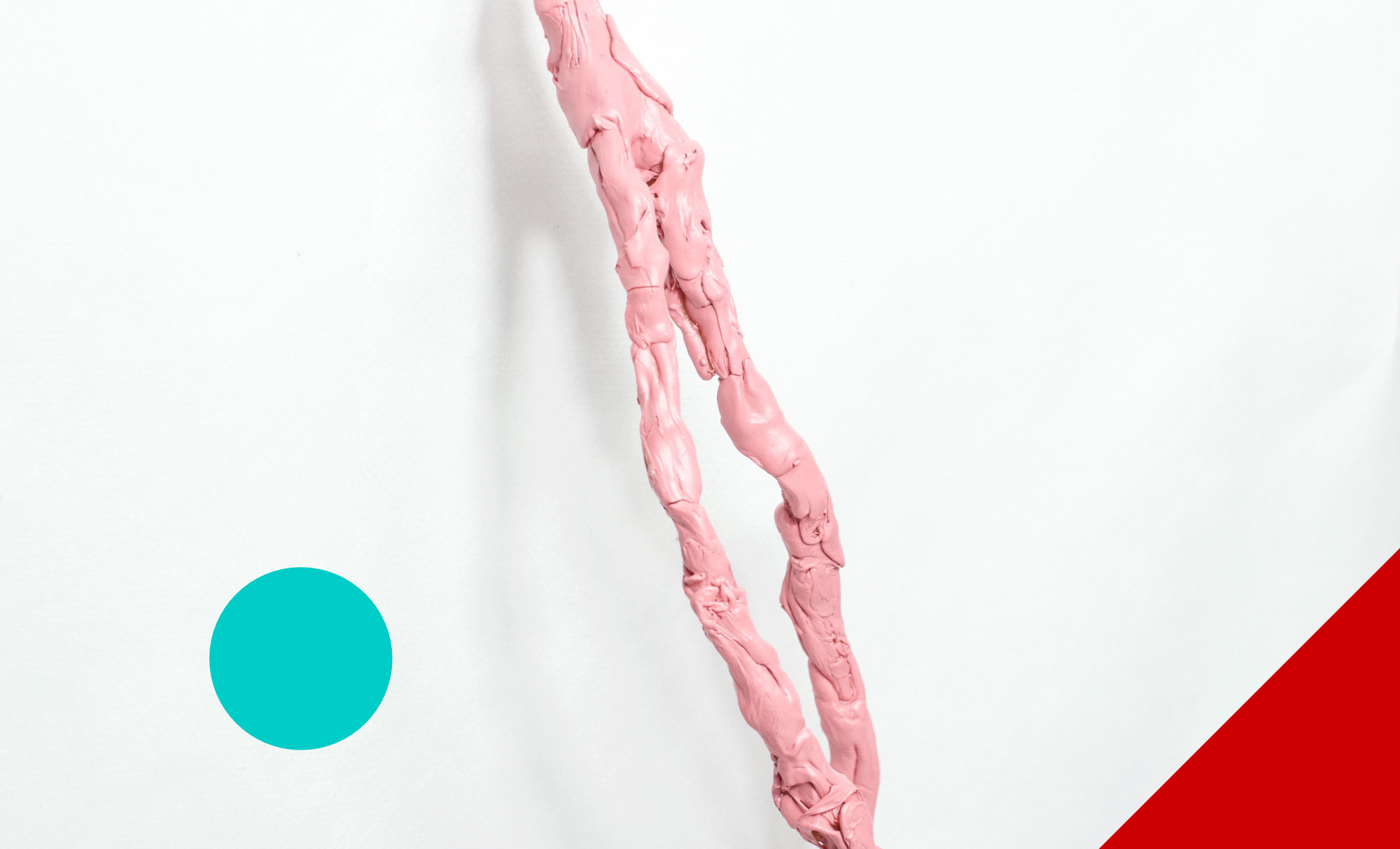
I have a guest over. A new friend whom I admire. I want to show him love and give him goodness and share with him who I am. First thing I do is apologize for the house being messy.
My highest intention is generous, but my first action is based on scarcity and fear. I either don’t want him to feel uncomfortable, or (more likely) I don’t want him to think that I think it’s okay that my place isn’t neat, or maybe I just want to be humble about how clean I am in my house. I’m focusing on lack. I’m focusing on problems and triviality instead of on what I can provide. That’s how I lead this visit. Then, it goes to a bunch of other hustling around to do this or that, getting the conversation going with a bunch of complication. Cognitively pointing in every direction except the real direction > love.
This is how many entertainment people think when doing new projects. This is what hangs us up. We’re thinking about how to put out fires. We’re thinking about how to avoid criticism. This leads us to doing a bunch of stuff that’s confusing, off topic, and distracting. That leads us to prioritizing the fire escape instead of the foyer.
It’s complex for our audiences and that’s not what they want. Our audiences want clear, simple, fulfilling leadership.
If instead, we keep focusing on what we want to give, and what we have the most power to give, it becomes very simple. It’s very hard work to stay in a generous and abundant mindset, but it’s very important work.
